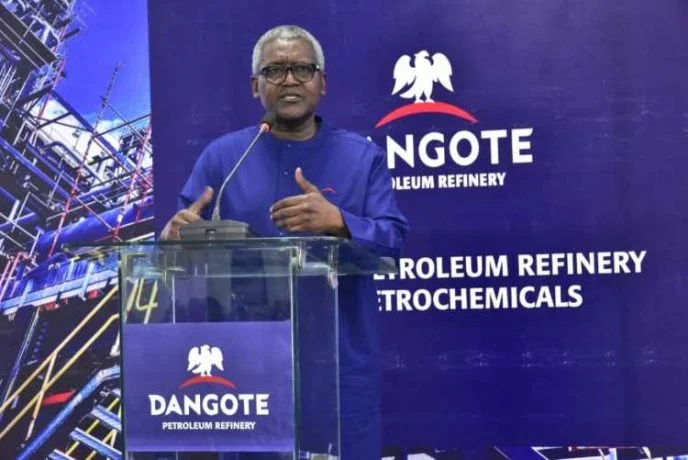The Chief Justice of Nigeria (CJN), Justice Kudirat Kekere-Ekun, has called on newly appointed magistrates and judges of the lower courts to uphold integrity, resist corruption, and deliver justice with fairness and efficiency.
She gave the charge on Monday in Abuja at the opening ceremony of the Induction Course for Newly Appointed Magistrates and Judges of the Lower Courts (Batch B), organised by the National Judicial Institute (NJI).
Justice Kekere-Ekun, who also chairs the NJI Board of Governors, was represented by the NJI Administrator, Justice Babatunde Adejumo. She said the induction was designed to equip the officers with the discipline, knowledge, and ethical grounding needed to function effectively.
Noting that magistrates’ courts are often the first point of contact for citizens seeking justice, the CJN stressed the need for impartiality, transparency, and public confidence in their rulings.
“The theme of this year’s induction course, Enhancing Judicial Efficiency and Quality of Decision-Making, is apt and timely. Your decisions must combine legal expertise with an appreciation of the socio-economic realities of the people,” she said.
She urged participants to embrace modern judicial tools such as the Nigeria Case Management System, sentencing guidelines, and alternative dispute resolution mechanisms to promote speedy and consistent justice delivery.
While stressing that judicial independence remained the foundation of public trust, the CJN warned:
“Guard your integrity jealously. Be vigilant against corruption in any guise and avoid any perception of bias. Remember the words of Socrates, that a judge should ‘hear courteously, answer wisely, consider soberly, and decide impartially.’”
Justice Kekere-Ekun commended Justice John Inyang Okoro, Chairman of the NJI Education Committee, and Justice Adejumo for their efforts in strengthening judicial training. She also acknowledged the support of the Judicial College of England and Wales, which is collaborating with the NJI on modules covering case management, sentencing, and ethics.
Declaring the induction open, she expressed confidence that the training would prepare the magistrates to meet the demands of justice in a fast-changing society.
In his remarks, Justice Adejumo urged the new magistrates to take the training seriously, warning that absenteeism would not be tolerated and certificates would only be issued to participants who completed the sessions.
He further charged them to uphold integrity, avoid corruption, and respect the constitutional rights of defendants.
“Particularly on the issue of bail, magistrates must not deny suspects their rights where the law provides for it,” Adejumo said.




